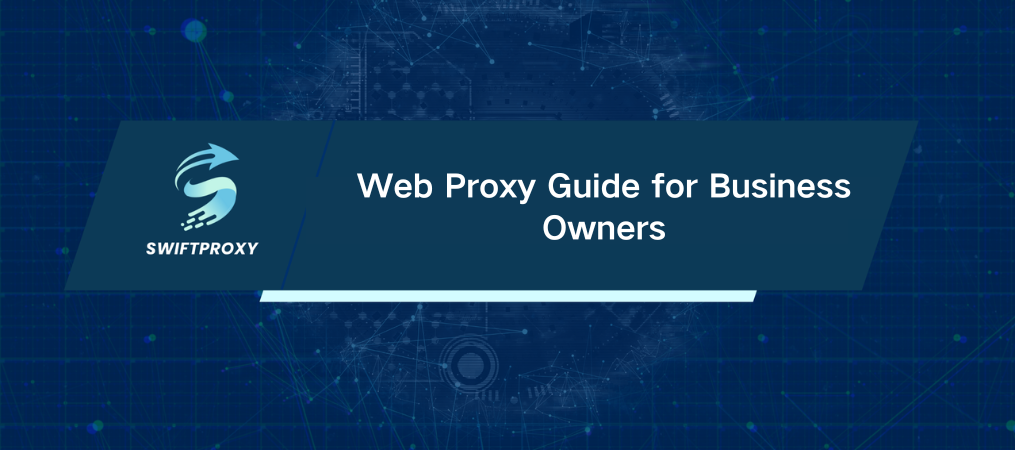Web Proxy Guide for Business Owners

Web proxy is frequently promoted for their ability to enhance privacy and anonymity. However, small and medium-sized businesses should carefully assess the potential risks associated with these services before deciding to implement them. While web proxies can offer notable benefits, particularly for those concerned about privacy, cookies, and surveillance, they also come with inherent challenges that might affect your organization's security posture.
If privacy issues and concerns about tracking resonate with you, a web proxy could be a viable option for connecting to the internet. It's important to weigh these advantages against potential drawbacks and ensure that the solution aligns with your overall security strategy.
Understand Web Proxy
When you visit a website, your computer's server communicates with the site's server to confirm your credentials and grant access. This process usually occurs in a matter of seconds. However, during this interaction, the website can detect and record your IP address, which can be used to track your activity, target advertisements, or even remember items in your shopping cart.
To protect your privacy and avoid such tracking, a web proxy acts as an intermediary. Instead of connecting directly to the website, you connect to the web proxy first. The proxy server then communicates with the website on your behalf. By doing so, it hides your real IP address and prevents the website from tracking your online behavior or identifying you.
Positive Aspects and Potential Risks of Web Proxy
If you are about to start using a web proxy or are already using one, you should carefully read the following information to avoid common mistakes.
· Handle Internet Accessibility
For parents worried about their children's online activities or managers looking to maintain workplace productivity, web proxy can be a powerful tool. They enable you to block access to websites with content considered unsuitable or distracting. Moreover, you can configure proxy servers to log all web requests, giving you the ability to monitor and review the online activities of employees or family members.
· Boost Privacy Protection
Web proxy boosts your privacy by masking your IP address and personal details. When you connect via a proxy, the website you visit only sees the proxy server’s IP address and not your own. This ensures that even if the site logs IP addresses and connection data, only the proxy server's information is recorded, protecting your personal information from exposure.
· Accelerate Speed and Fine-Tune Bandwidth
Web proxies can boost browsing speed and optimize bandwidth by caching frequently accessed web pages. Instead of downloading the site anew each time, the proxy stores a recent version of these pages. When multiple users visit the same site, the proxy quickly serves the cached version, reducing the need for repeated data transmission and speeding up connection times.
The benefits of using a web proxy extend beyond this, but it is important to acknowledge that there are also risks involved.
· Potential Dangers of Recording Browser History
While a web proxy is supposed to keep your browsing history private, many proxies actually log your unencrypted IP address and web activity. This data may be sold to third parties. It's important to review the terms of service or ask the proxy provider how they handle and use your data.
· Threats from Spam and Malicious Software
Although you might use a web proxy to reduce the amount of marketing content you see, you may end up encountering more ads and banners. Moreover, unreliable proxy providers can introduce viruses and spam into your browsing session, potentially leading to harmful downloads on your device.
Final Summary
The advantages and disadvantages of using a web proxy need to be carefully considered. While it can enhance privacy and browsing speed, there are also risks such as data logging and exposure to spam. Weighing the benefits and drawbacks, and using web proxies correctly, you can effectively achieve your needs.

















































